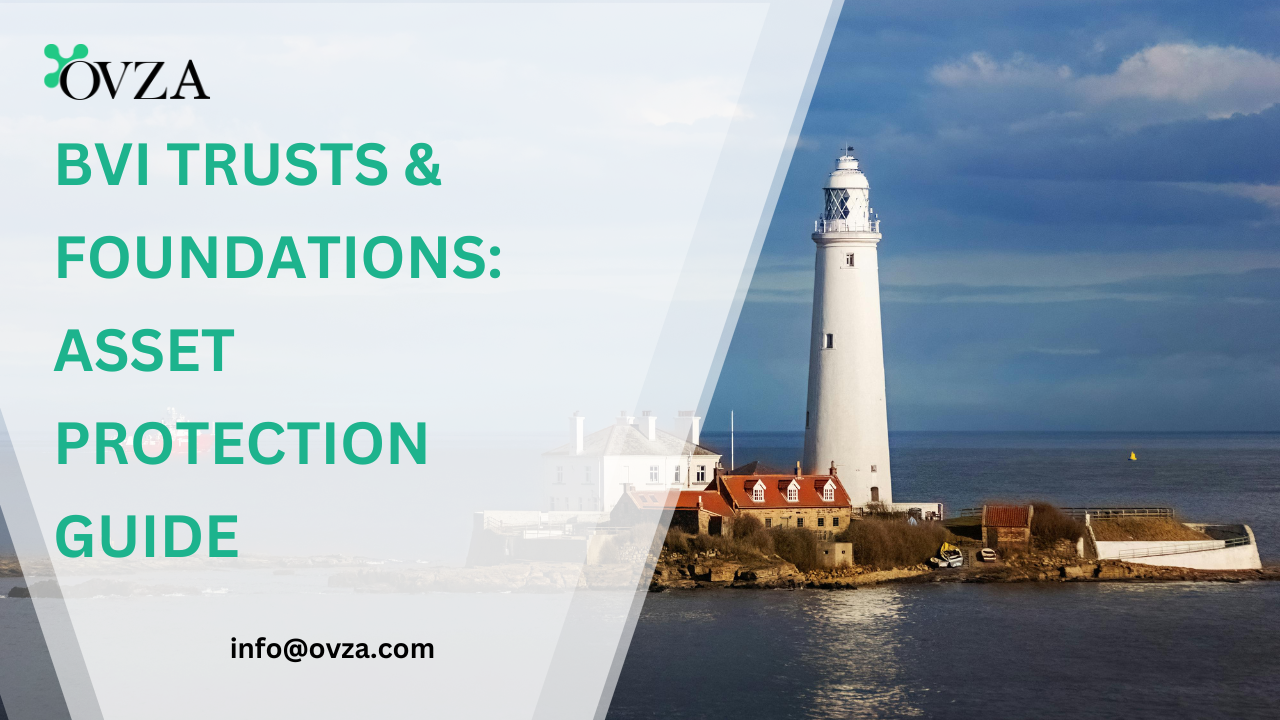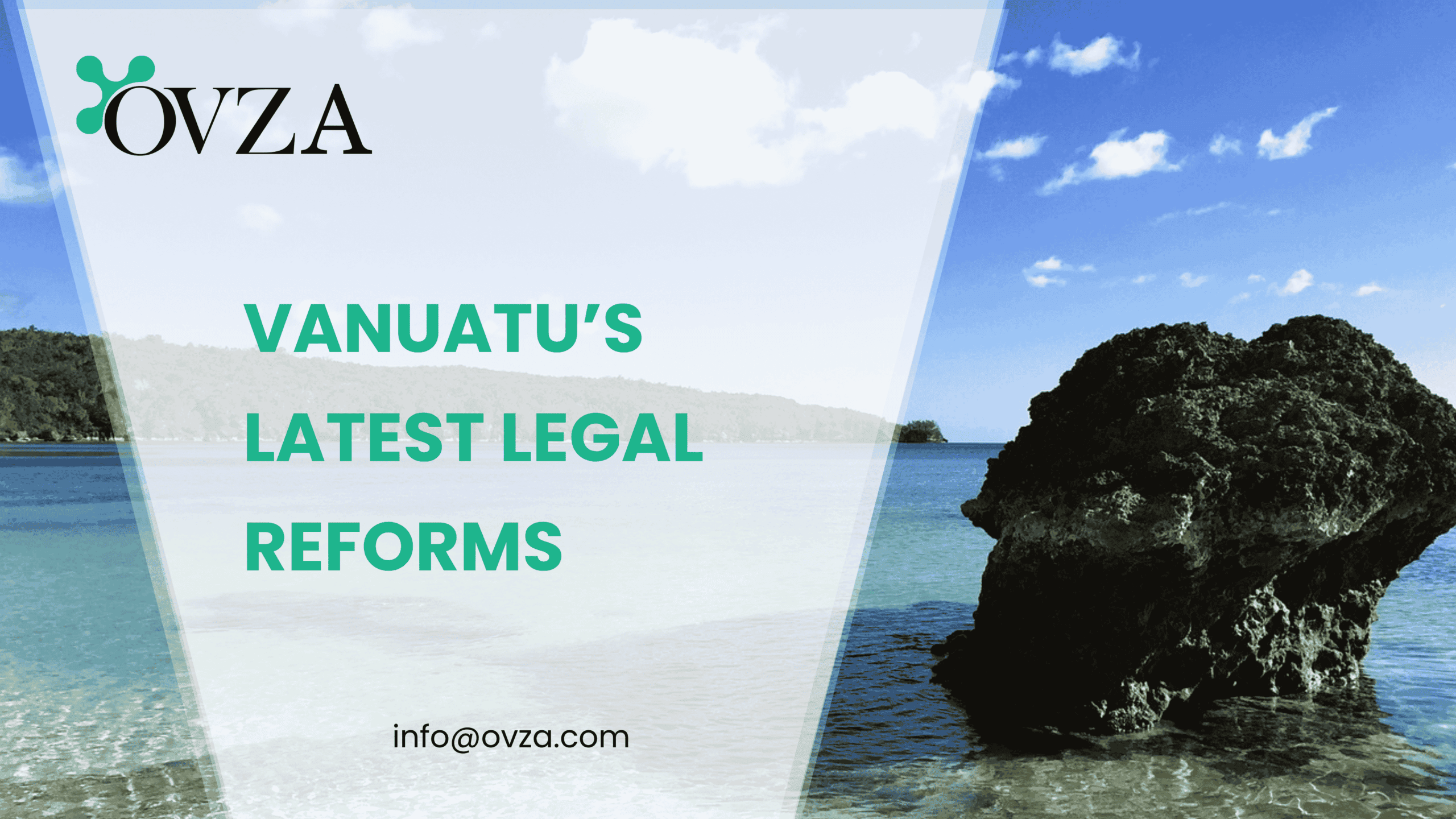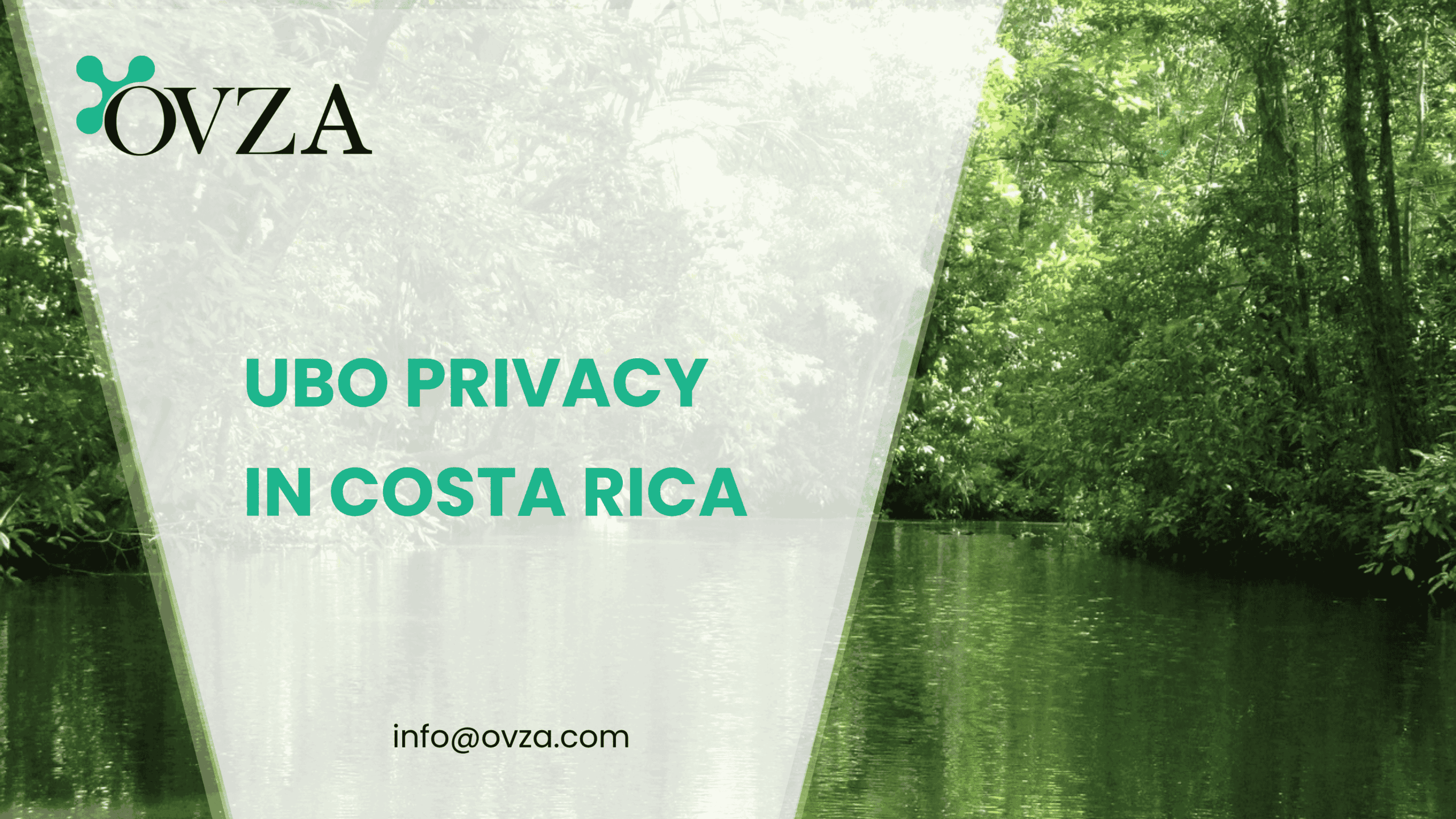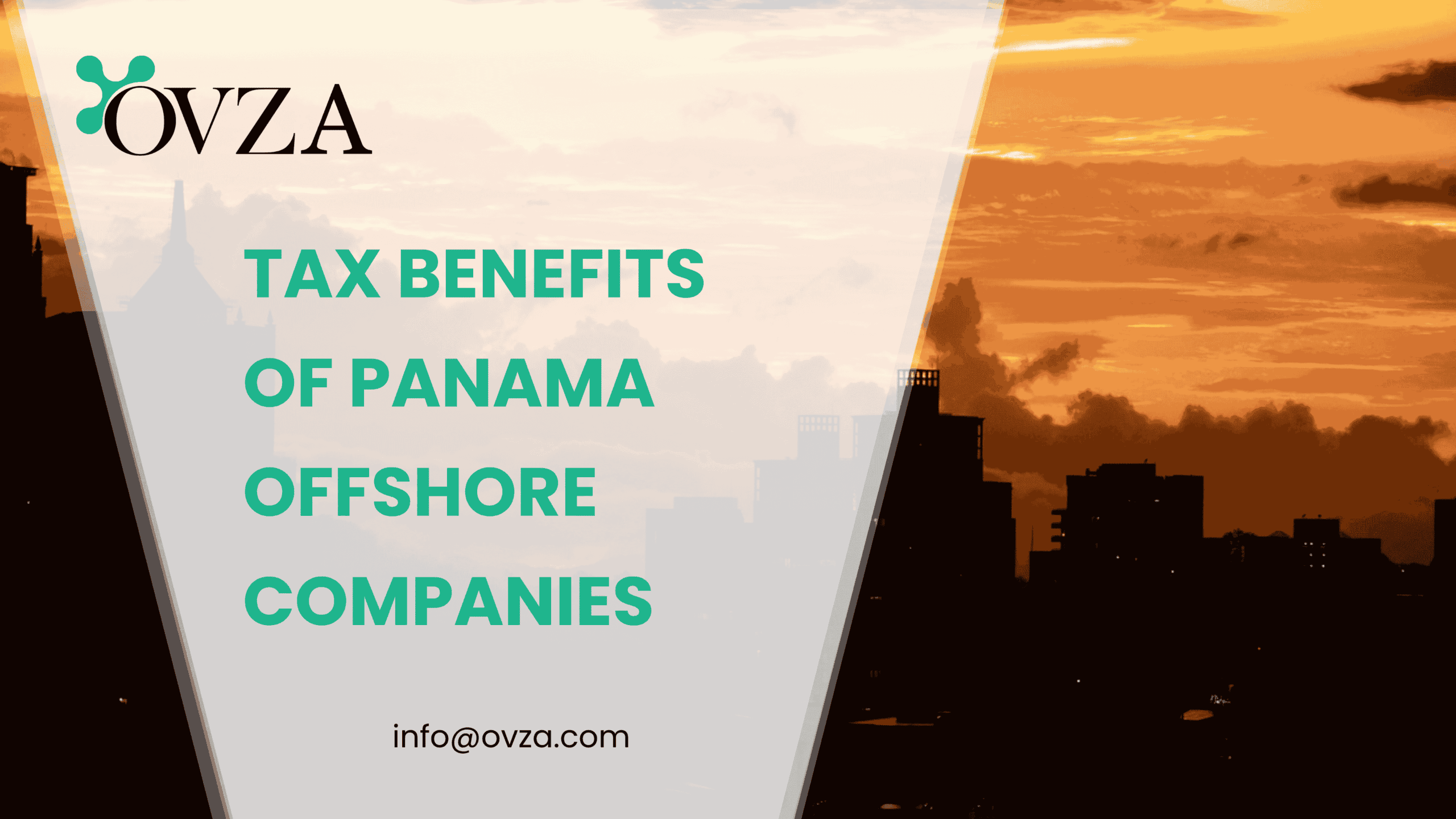Executive Summary
The British Virgin Islands (BVI) is a leading offshore jurisdiction for asset protection and estate planning, offering flexible structures like trusts and foundations. With its robust legal framework, tax-neutral environment, and strong privacy protections, BVI is an ideal choice for individuals and families looking to secure their wealth and legacy. This guide explores the benefits, setup process, and key considerations for BVI trusts and foundations.
Introduction: Why Choose BVI for Trusts and Foundations?
The BVI has established itself as a global leader in offshore wealth management, with over 400,000 registered entities and a reputation for stability and expertise. According to the BVI Financial Services Commission (FSC), BVI trusts and foundations are widely used for asset protection, estate planning, and wealth management. Let’s dive into why BVI is the perfect jurisdiction for your trust or foundation.
What is a BVI Trust?
A BVI trust is a legal arrangement where a settlor transfers assets to a trustee, who manages them for the benefit of beneficiaries. Key features include:
- Asset Protection: Protects assets from creditors, lawsuits, and other claims.
- Tax Efficiency: No income, capital gains, or inheritance taxes on trust assets.
- Privacy: No public disclosure of settlers, trustees, or beneficiaries.
- Flexibility: Can be tailored to meet specific family or business needs.
Best For:
- High-net-worth individuals (HNWIs) seeking asset protection.
- Families planning for inheritance and wealth transfer.
- Business owners protecting company assets.
What is a BVI Foundation?
A BVI foundation is a hybrid structure that combines features of a trust and a company. Key features include:
- Asset Protection: Shields assets from legal claims and creditors.
- Tax Efficiency: No corporate or income taxes on foundation assets.
- Perpetual Existence: Can operate indefinitely, unlike trusts.
- Charitable Purposes: Can be used for philanthropic activities.
Best For:
- Families looking for long-term wealth management solutions.
- Individuals with charitable or philanthropic goals.
- Business owners seek to protect and manage assets.
Benefits of BVI Trusts and Foundations
BVI trusts and foundations offer a range of benefits for individuals and businesses seeking asset protection, tax efficiency, and wealth management. One of the primary advantages is asset protection, as these structures shield assets from creditors, lawsuits, and divorce settlements, ensuring that wealth is preserved for future generations. Another key benefit is tax efficiency, as BVI trusts and foundations are exempt from income, capital gains, and inheritance taxes, making them ideal for tax planning and wealth preservation. Additionally, they provide privacy and confidentiality, with no public disclosure of settlors, trustees, or beneficiaries, and strong data protection laws safeguarding sensitive information. The flexibility of these structures allows them to be customized to meet specific family or business needs, enabling seamless wealth transfer across generations. Finally, BVI trusts and foundations enjoy global recognition, making them widely accepted and respected internationally for their robust legal framework and credibility.
How to Set Up a BVI Trust or Foundation
1. Choose a Structure
Decide whether a trust or foundation best suits your needs. Consider factors like:
- Purpose (asset protection, estate planning, philanthropy).
- Duration (trusts may have a fixed term, while foundations can exist indefinitely).
- Management preferences (trustees vs. foundation council).
2. Appoint a Registered Agent
All BVI trusts and foundations must appoint a local registered agent. The agent will assist with:
- Registration and compliance.
- Ongoing administrative support.
3. Prepare Required Documentation
For trusts:
- Trust Deed: Outlines the terms, beneficiaries, and management of the trust.
- Settlor and Beneficiary Information: Identification and proof of address.
For foundations:
- Foundation Charter: Specifies the purpose, assets, and governance structure.
- Founder and Beneficiary Information: Identification and proof of address.
4. Register with the BVI Registrar
Submit your documents to the BVI Registrar of Corporate Affairs. The process typically takes 24–48 hours.
5. Ensure Compliance with BVI Regulations
BVI has robust regulations to ensure transparency and prevent misuse. Key compliance requirements include:
- Anti-Money Laundering (AML) Policies: Implement AML procedures and conduct due diligence.
- Record-Keeping: Maintain accurate records of transactions and beneficiaries.
- Reporting Obligations: File annual returns and other required documents.
Common Uses of BVI Trusts and Foundations
- Estate Planning: Ensure smooth wealth transfer to future generations.
- Asset Protection: Shield assets from legal claims and creditors.
- Tax Planning: Minimize tax liabilities on income and inheritance.
- Philanthropy: Establish charitable foundations for social causes.
Conclusion
BVI trusts and foundations provide a secure and efficient way to protect your assets, plan your estate, and manage your wealth. With their tax efficiency, privacy protections, and global recognition, they are an ideal choice for individuals and families seeking long-term financial security.
For more information, visit the BVI Financial Services Commission (FSC) or consult with a local wealth management expert.












